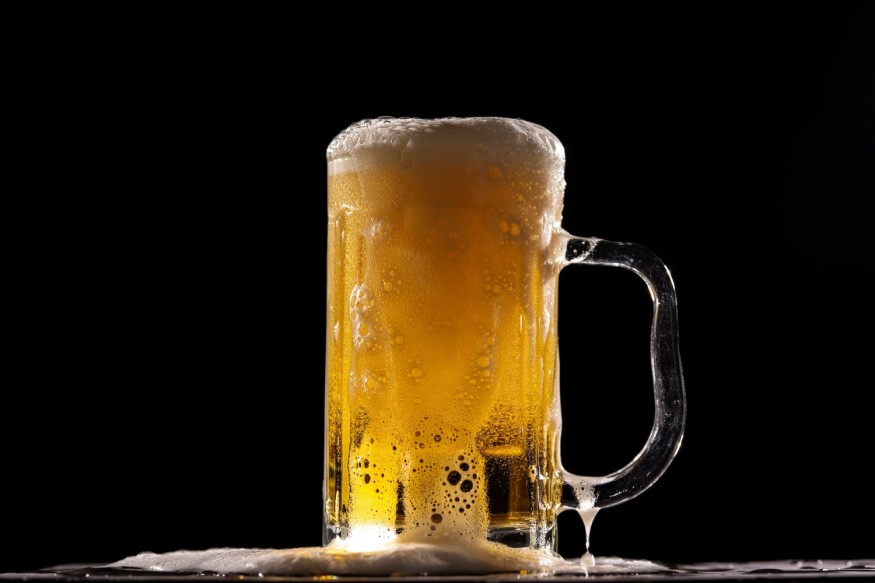
Although it is not for sale, the German beer produced from recycled greywater discharged by a luxury San Francisco apartment building is safe to drink.
Recycled Graywater in This German Beer
An unusual component of the beer Epic OneWater Brew is recycled water from a residential building's showers, sinks, and washing machines.
The goal of the brew is to increase public awareness of water scarcity and reuse. It is safe to drink thanks to several processing steps that included microfiltration and UV radiation.
Buildings use 14% of all potable water worldwide, according to Aaron Tartakovsky, the Epic CleantecCEO and co-founder, a San Francisco-based water treatment company.
Almost no buildings reuse that water, which is what the beer company was attempting to change, according to The Guardian.
The Kölsch beer was produced using recycled graywater sourced from Fifteen Fifty, a 40-story San Francisco luxury apartment building.
Kölsch is a crisp, light-bodied beverage with German origins. However, because regulations forbid the use of recovered wastewater in commercial beverages, it is not yet available for purchase.
Microfiltration Removes Worries
Epic Cleantec avoids the need to dump wastewater into a sewer and transport it to a distant treatment facility by putting its water recycling technology in buildings.
According to Epic Cleantec, the system recycles up to 95% of wastewater-either graywater or black water; the former comes from sinks, washing machines, bathtubs, and showers, and the latter comesomes from toilets.
At Fifteen Fifty, the water recycling process begins with biological treatment to eliminate organic matter. Next, microfiltration is employed using extremely thin 0.04-micron membranes, roughly equivalent to just 0.05% of the width of a human hair. The final step involves disinfection using chlorine and ultraviolet light, making the water suitable for non-potable purposes like flushing toilets and urinals, irrigation, and laundry.
Thanks to this innovative recycling system, Fifteen Fifty can reuse an impressive 2.75 million gallons of water annually, which amounts to approximately 7,500 gallons per day.
According to Tartakovsky, they have adopted many of the wastewater industry's current tenets and are no longer solely dependent on massive, centralized infrastructure.
Other Benefits of Recycling Wastewater
Epic Cleantec highlights several additional benefits of its system.
Firstly, it allows for the pre-heating of residential hot water by harnessing the recovered heat from wastewater, leading to reduced heating expenses.
Secondly, the organic waste from wastewater can be utilized to produce natural soil products, promoting eco-friendly practices in gardens, parks, and landscaping projects.
In terms of infrastructure, the installation of the system typically occupies only a few parking spaces. However, the cost varies significantly depending on the size of the structure, ranging from a few thousand dollars to millions of dollars on average. By reducing utility costs, initial expenses are outweighed by future savings.
Since 2015, San Francisco has mandated that all new structures larger than 100,000 square feet include an on-site water recycling system; Epic Cleantec is in charge of five of the few dozen that are now in place.
Stigma of Recycled Water
There is a misconception that recycled water is less pure than other sources of water, according to Daniel McCurry, a University of Southern California assistant professor who has previously consumed beer made with recycled water.
But the water on this planet is recycled, where the dinosaurs drank millions of years ago is the same water that humans drink today, CNN reported.
Related Article : California Town Recycles 350 Million Gallons of Water Via Wastewater Reclamation in Response to Severe Drought
© 2025 NatureWorldNews.com All rights reserved. Do not reproduce without permission.





